Tunisia marks two years since President Kais Saied suspended parliament and assumed executive powers
By France24
29 July 2023 |
3:23 pm
Two years after Tunisian President Kais Saied suspended parliament and extended his executive powers, our correspondents report on where the situation currently stands. Also in this edition: Zimbabwe is gearing up for an election in one month's time, but rising inflation could affect the way the vote goes and upset the status quo.
In this article
Related
Related
26 Apr
At least thirteen people have died in Nairobi due to serious flooding caused by torrential rains that fell last Tuesday night, the Police reported this Thursday.
2 days ago
El Nino's grip on East Africa has led to widespread flooding, submerging entire areas in Uganda, Kenya and Tanzania, and leaving behind a trail of destruction. Millions suffered displacement and are looking for answers.
2 days ago
Portuguese President Marcelo Rebelo de Sousa had called for Lisbon to find ways to compensate its former colonies, including canceling debt. The government says it has not initiated any process to that effect.
2 days ago
Residents of a village in Kenya are trying to come to terms with their loss after a truck carrying a group of people overturned in a swollen river on Friday
1 day ago
Satire website, 'The Babylon Bee,' posted a photo of Columbia University President, Minouche Shafik, 'accidentally' giving a Nazi salute during an antisemitism Congress hearing on April 17. We tell you more in this edition of Truth or Fake.
1 day ago
Dozens are killed in Kenya after a dam collapsed near the town of Mai Maihu, triggering an emergency order for all reservoirs to be inspected within a day. Also, Darfuri activist Niemat Ahmadi urges the UN Security Council to act on the “worst humanitarian crisis in our lifetime” in Sudan. And we meet Dennis Ombachi, a Kenyan rugby player-turned-Tik Tok sensation thanks to his cooking skills.
Latest
2 hours ago
As we share the resilience and dedication of workers in Nigeria on this dedicated day, GuardianTV shines the spotlight on the pressing issue of fair compensation and also explores some other challenges of workers across the nation. We spoke with Nigerian workers and they reacted to the current 30,000 Naira minimum wage and other issues affecting the workforce.
2 hours ago
The presiding judge ruled that the former US president had violated a gag order nine times and fined him $9,000. Trump was also warned he could be jailed if he continued defying order.
2 hours ago
British police charged two men with criminal damage after the tree was chopped down in September. The sycamore was more than 150 years old and one of Britain's most photographed trees.
1 day ago
Find these stories and much more when you grab a copy of The Guardian on Wednesday.
1 day ago
The German economy has shown a marginal upturn in the first part of the year. The latest figures give some hope that Germany may be escaping the economic doldrums.
1 day ago
Gwenn Dubourthoumieu began his professional life working for humanitarian NGOs in Africa. He soon developed a love for photography as he visited beautiful but often difficult places. He now considers himself a photographer activist. His latest project illustrates the state of the rainforest in DR Congo. He spoke to us in Perspective.
×

Get the latest news delivered straight to your inbox every day of the week. Stay informed with the Guardian’s leading coverage of Nigerian and world news, business, technology and sports.


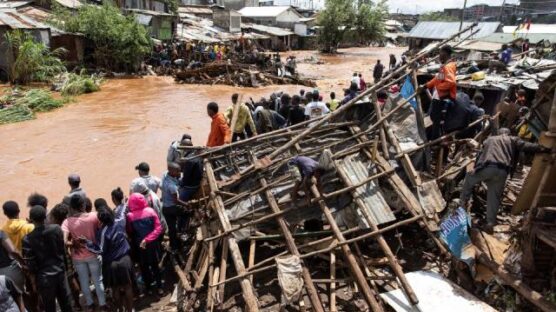
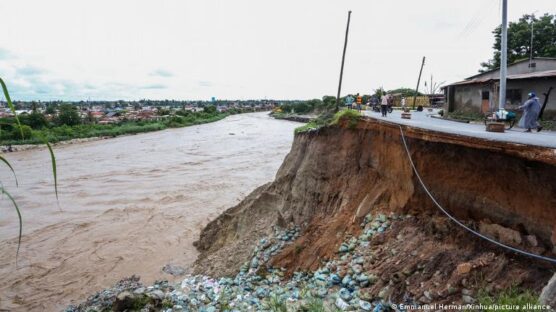
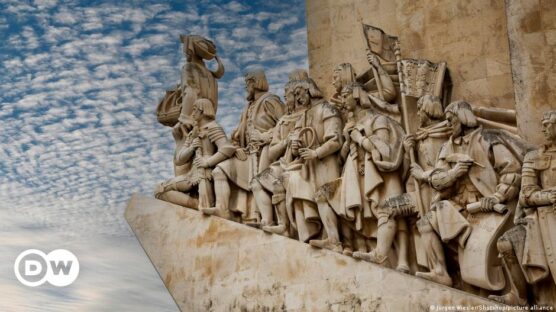
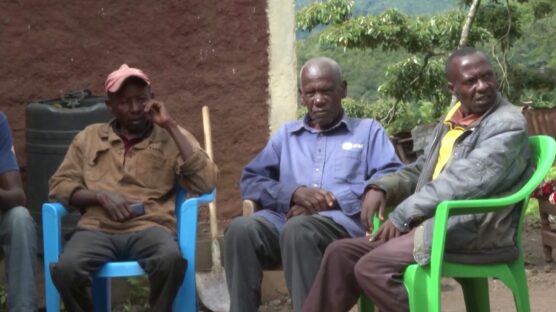
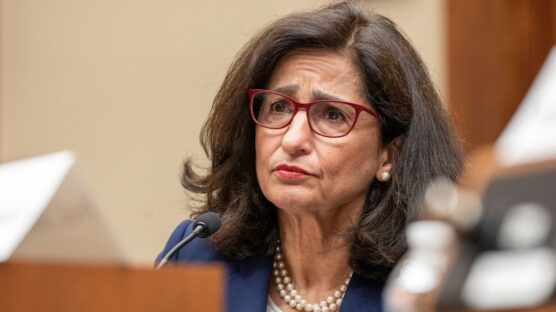
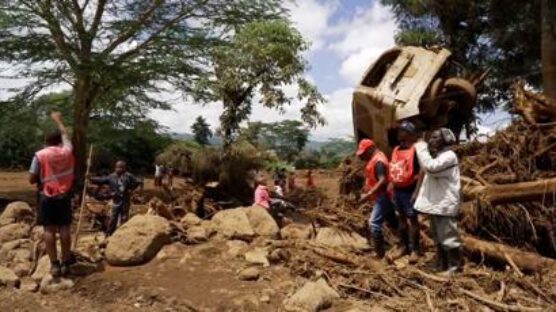




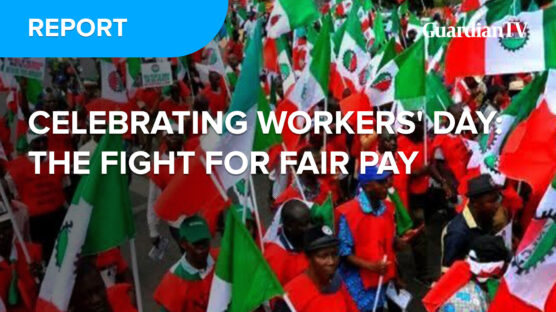
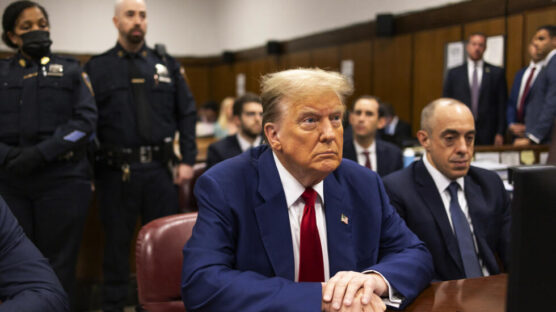
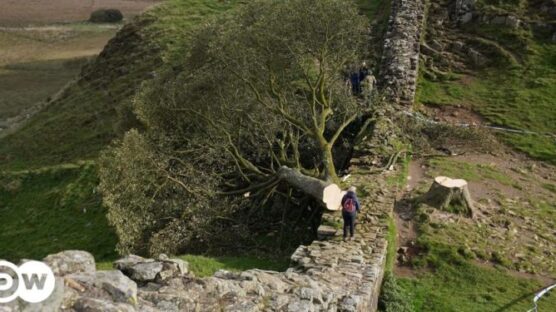
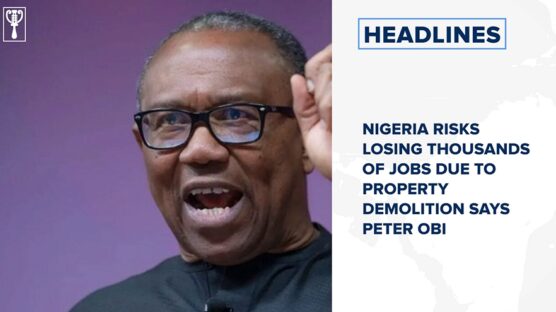
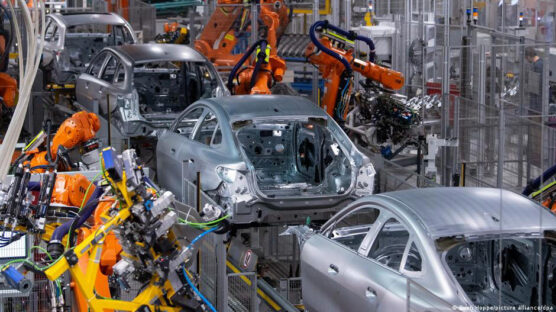
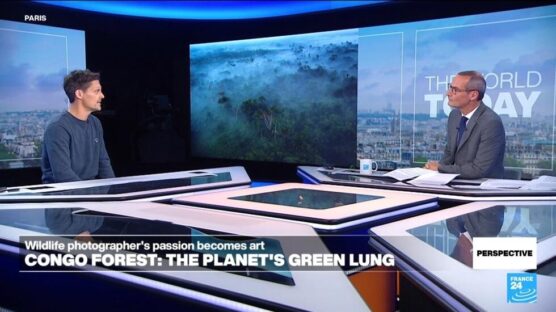
0 Comments
We will review and take appropriate action.